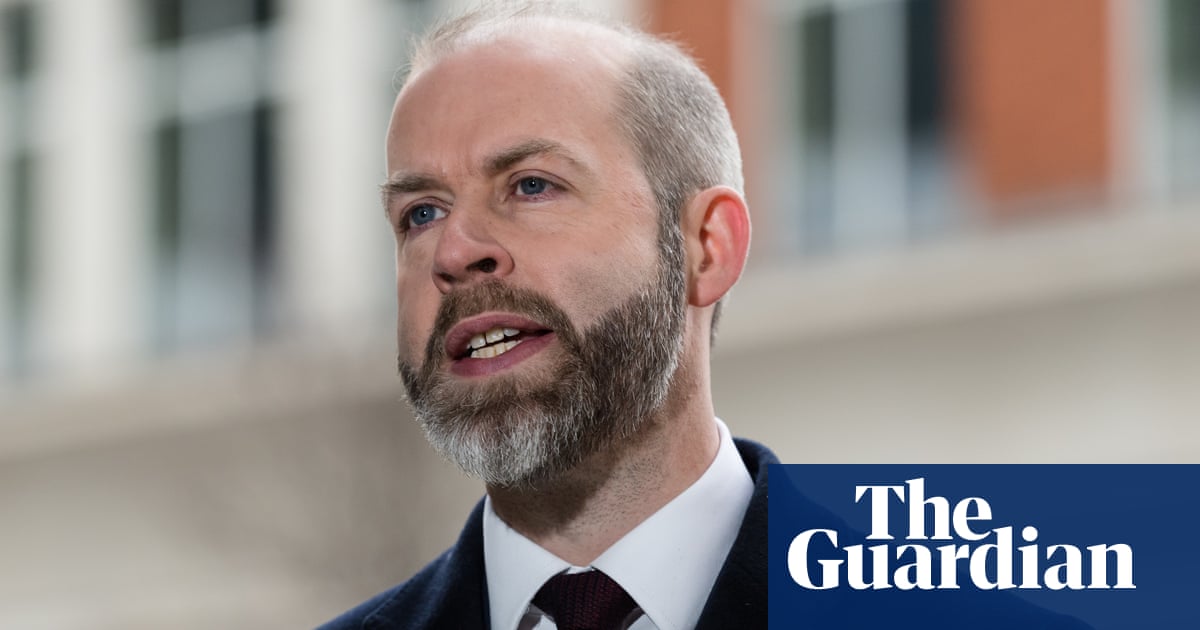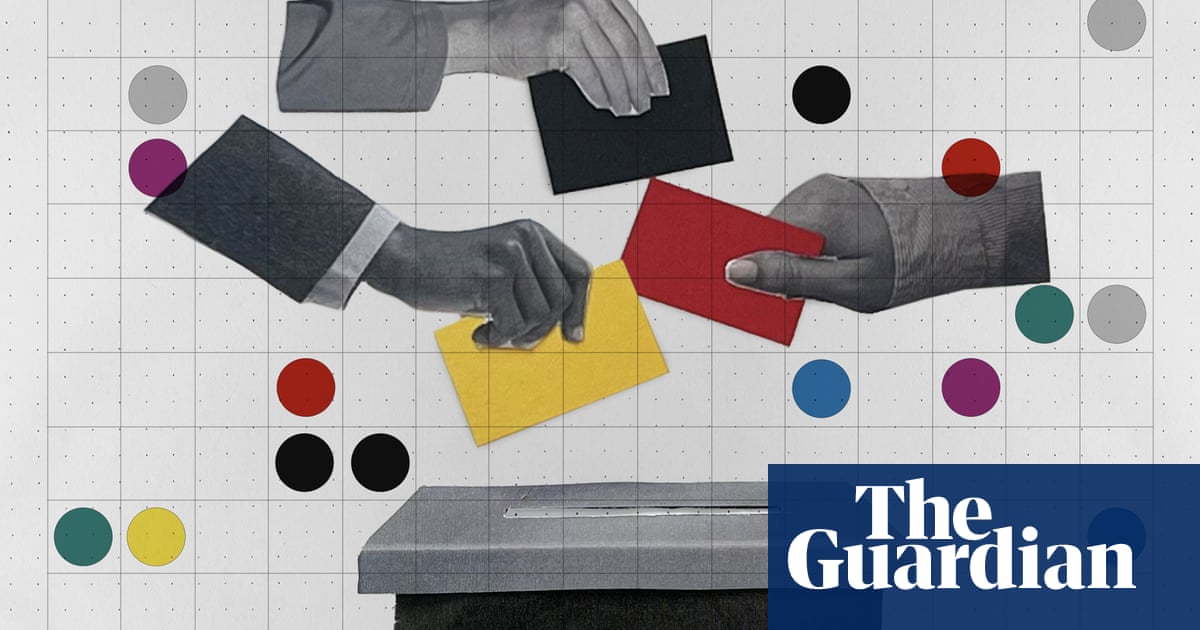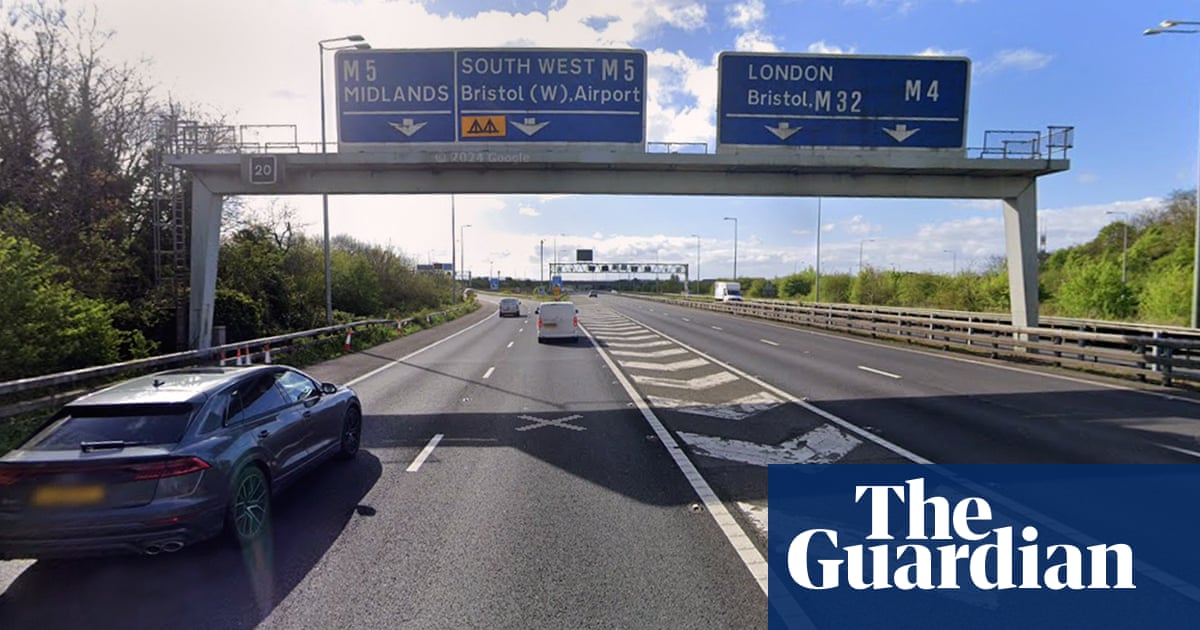Denmark’s Mette Frederiksen said “many, many” things needed to be clarified before troops can be sent to Ukraine.
More money
The leaders did find some common ground on the need for increased defense spending — which has been steadily increasing for a decade.
Starmer acknowledged that “Europeans will have to step up, both in terms of spending and the capabilities that we provide to Ukraine,” while Tusk said U.S.-EU relations on defense were entering “a new stage,” as Europeans realize the need for more spending on defense and greater self-reliance.
“Europe has understood the U.S. message that it has to do more itself,” said Dutch Prime Minister Dick Schoof, adding: “It is all still far too early to make concrete agreements.”
Scholz restated his support for the EU proposal to trigger an emergency clause to massively boost defense spending, which von der Leyen backed at last week’s Munich Security Conference. Under this proposal, countries would be able to exempt defense spending from EU debt and deficit limits.
But despite disquiet verging on panic at last weekend’s Munich Security Summit following a vitriolic attack by U.S. Vice President JD Vance against European democracy, most leaders were reluctant to publicly break with the U.S. which has provided the backbone of the continent’s security since 1945.
“There must be no division of security and responsibility between Europe and the United States,” Scholz said.
And Tusk said: “Someone must also say that it is in the interest of Europe and the U.S. to cooperate as closely as possible.”
Article by:Source:













